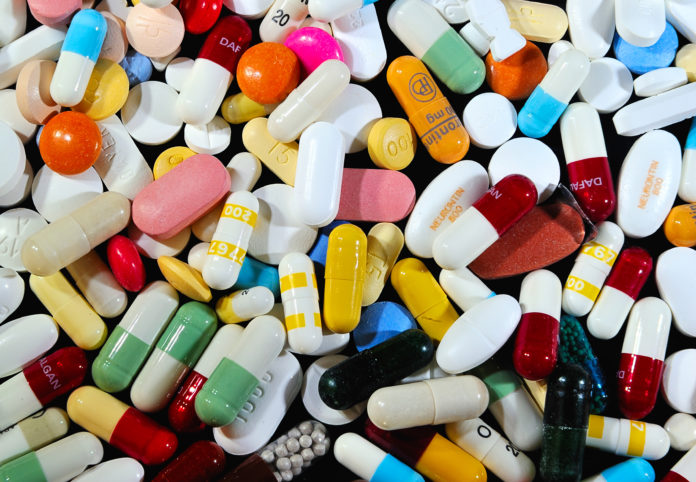The cost of essential medications has seen a notable spike, which is attributed to the rise in dollar rate against the cedi. This escalation has raised concerns among healthcare professionals and care seekers alike.
Access to crucial treatment has become a challenge for many in the country and this has caused some patients to neglect their treatment due to the high prices of drugs on the market.
David, a 24-year-old national service person, is battling Type 1 Diabetes. He says spending about 200 cedis on mediations every month has become burdensome.
“Sometimes the syringes, I have to use some of them twice just because I can’t afford a whole pack of insulin syringes that I will be using at once,” he told David Akuetteh on Luv Fm.
David is among several people who phone-in to Luv In the Morning show to pour out their frustration in accessing medicines to manage their conditions.
Patients go to pharmacies either for innovator or generic drugs depending on their finances. The generic drugs are more of a duplicate of the innovator drugs and may not be as highly effective like the innovator drug.
Pharmacist, Robert Abrosi Asamoah, is alarmed at the surge in prices of drugs.
He observed prices of medicines go up as the cedi depreciates against the dollar and other currencies. Most drugs in Ghana are imported and those locally manufactured import raw materials for their production.
“The prices of medicine go up as the exchange rate also goes up because most of these medications are imported and we use the dollar or the foreign currency to buy it,” he said.
An elusive access to quality healthcare
Healthcare encompasses a diverse set of items and treatments aimed at promoting, maintaining, and improving health. Health care has an enormous effect on individual well-being, communal harmony, and economic prosperity.
An efficient healthcare system can contribute to a significant part of a country’s economy, development, and industrialization.
High quality health care helps prevent diseases and improve the quality of life.
However, for many people across Ghana, this is simply not an option. Those living in poverty do not have access to good health care. This is because the cost incurred during diagnoses: scans, laboratories, and x-rays cannot be paid for to access treatment.
The increase in the prices of general goods does not allow people who have chronic diseases to eat according to their diet plan because they cannot purchase the appropriate meals to eat or purchase their medications.
Joining the discussion on how to prevent chronic diseases like diabetes, hypertension, and stroke and how to keep the organs healthy, Mr. Abosi Asamoah observed that chronic diseases are very common and on the increase with the advent of various processed foods and mechanized agriculture which abuse fertilizers and chemicals for farming.
He stated that a lot of education is needed for preventive healthcare, including exercising as a step in dealing with chronic ailments.
“Looking at the way the NHIS is struggling, if we can look at preventive healthcare as part of the NHIS, there will be an improvement in the health conditions of Ghanaians”, said the pharmacist. “For instance, educating the public, engaging in clean up exercises, ensuring that the environment is kept clean, providing mosquito nets, among others will help alleviate the presence of these illnesses”.

